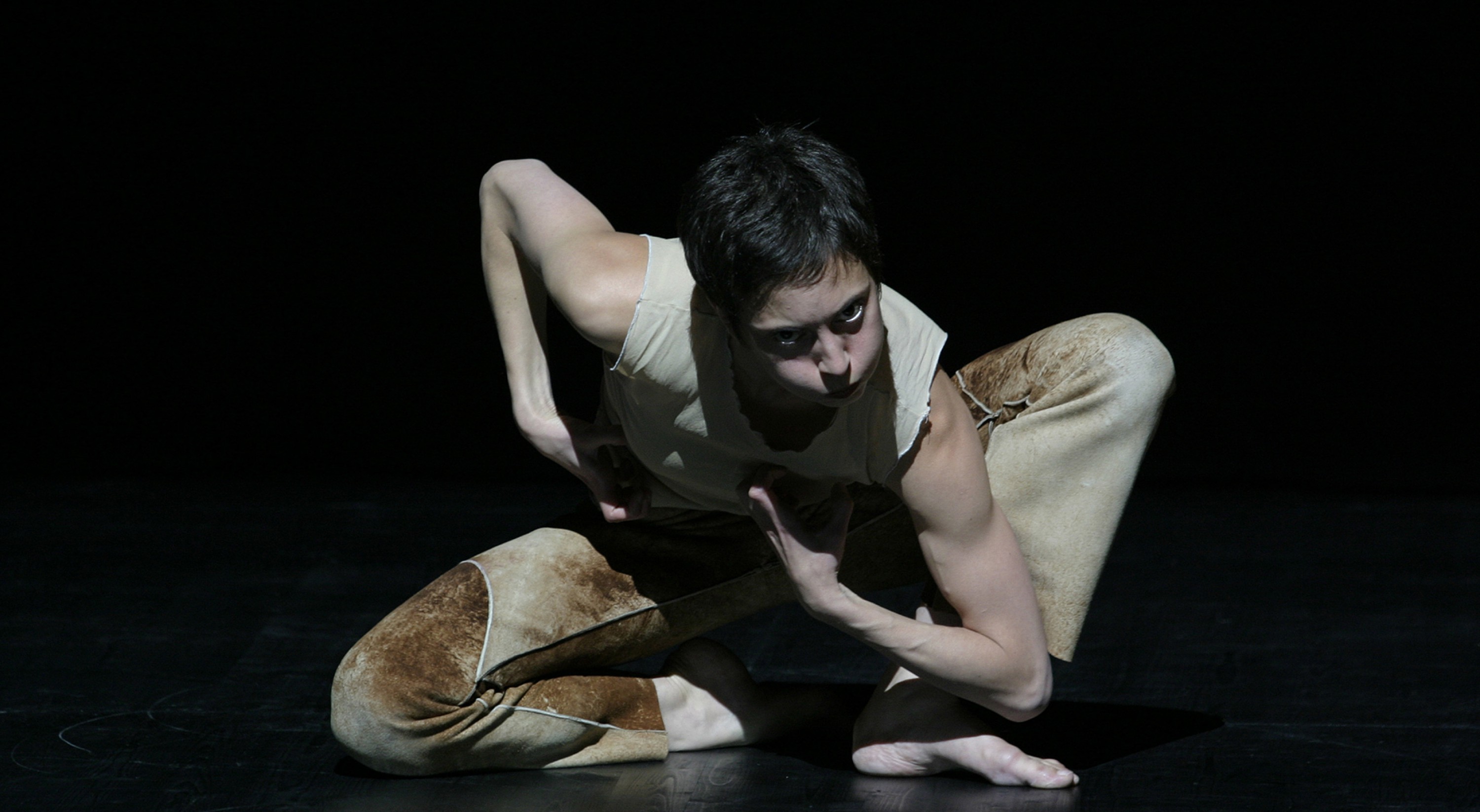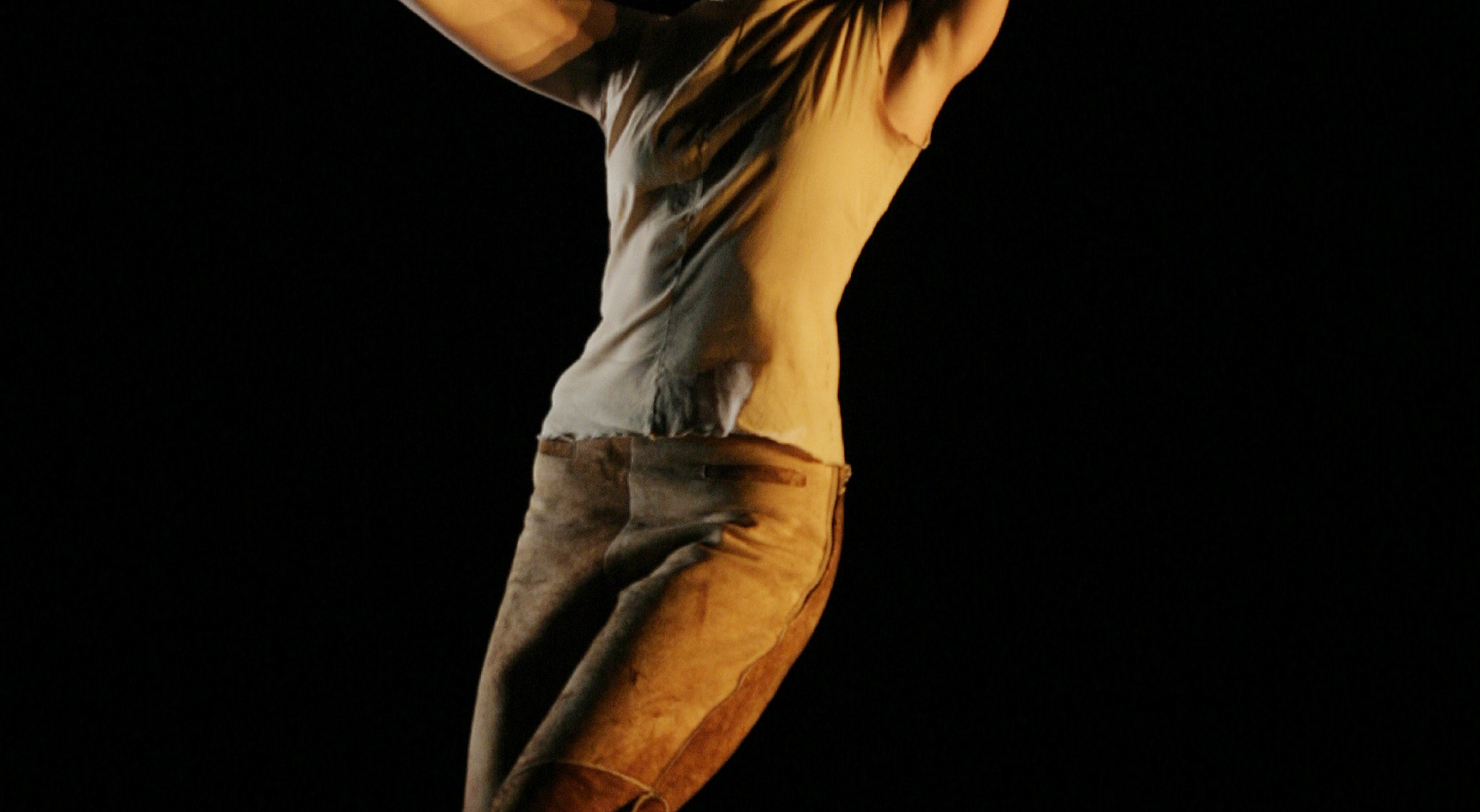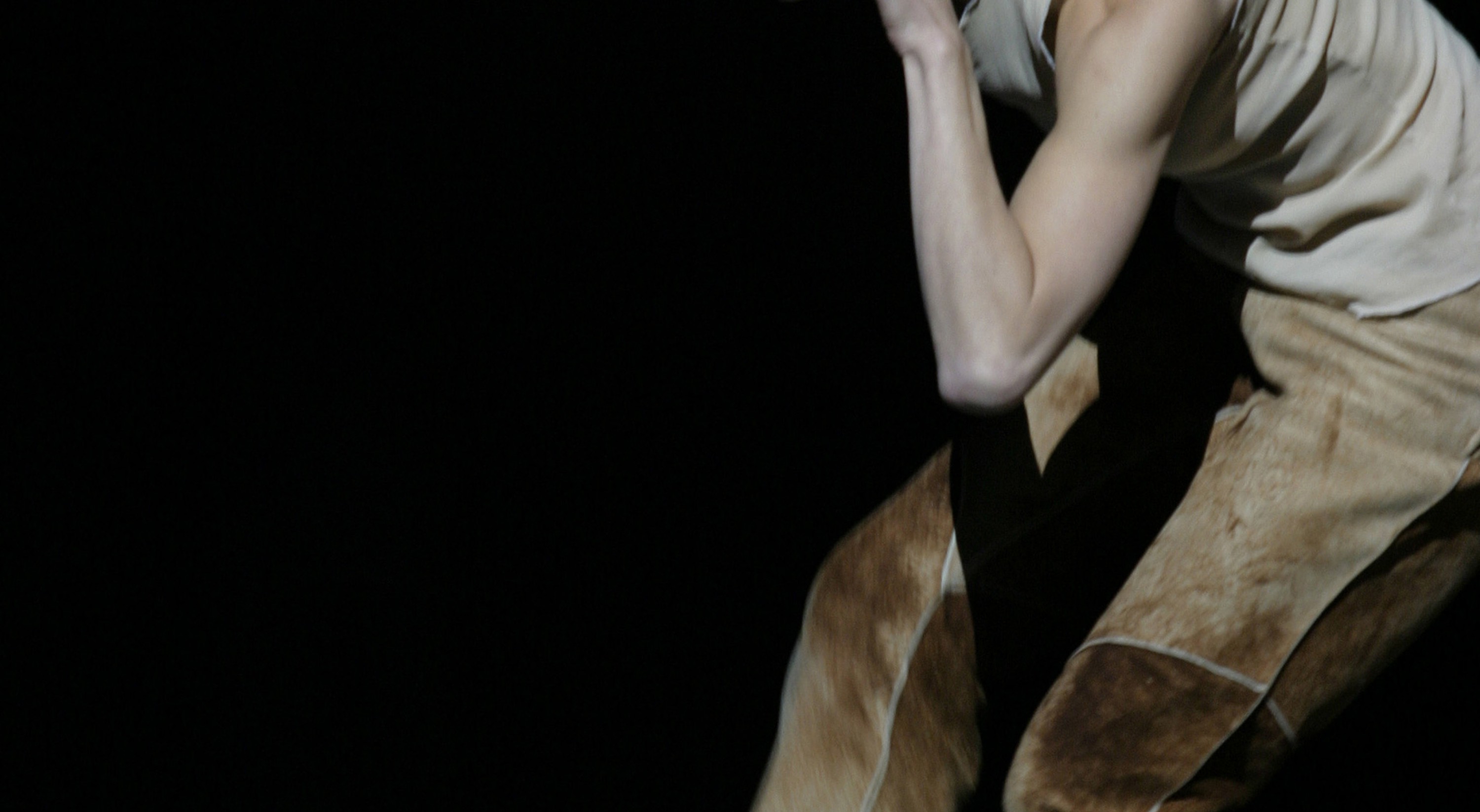Julia Cima
Julia Cima
Visitation
septembersept 22 – 27
Conception et interpretation, Julia Cima
Choreographies, Dominique Bagouet, Maurice Béjart, Merce Cunningham, Isadora Duncan, Lisa Duncan, Valeska Gert, Tatsumi Hijikata, Vaslav Nijinsky, Nikolska (to be confirmed)
Light, Madjid Hakimi
Projection realisation, Agnès Dahan
Scenography, Sallahdyn Khatir
Direction assistant , Boris Charmatz
Production, edna
Coproduction Tanz im August / Berlin,
Centre national de la danse / Pantin,
Centre Chorégraphique National de Franche-Comté à Belfort - accueil studio, Bonlieu Scène Nationale – Annecy, Festival d’Automne à Paris
with the help of Théâtre de la Cité Internationale, la Cinémathèque de la danse and la Chaufferie / Saint-Denis
L’association edna is subsidized by the Ministère de la culture et de la communication / Direction Régionale des Affaires Culturelles d’Ile-de-France
Julia Cima is the choreographical equivalent of a deep-sea diver: hers is a salvage mission in search of the “absolute” performance of dances created in other times and places. Along the way, she appropriates – or “visits” -- dances that “have not been made for her or with her”, offering a more “readable” interpretation. What she resurfaces with is a hidden treasure: the disparity, and infinite richness, of the original movement.
In the same place


